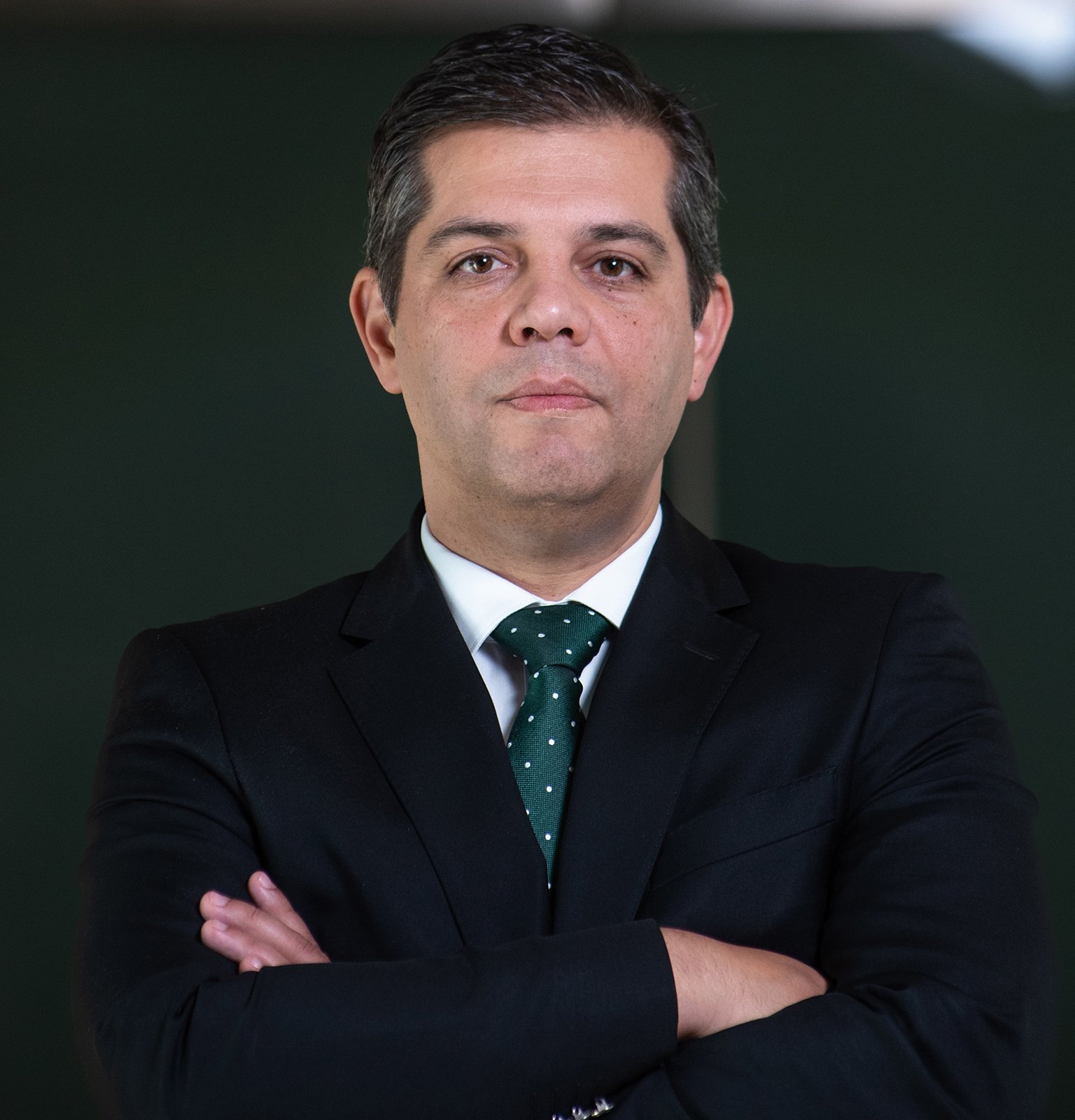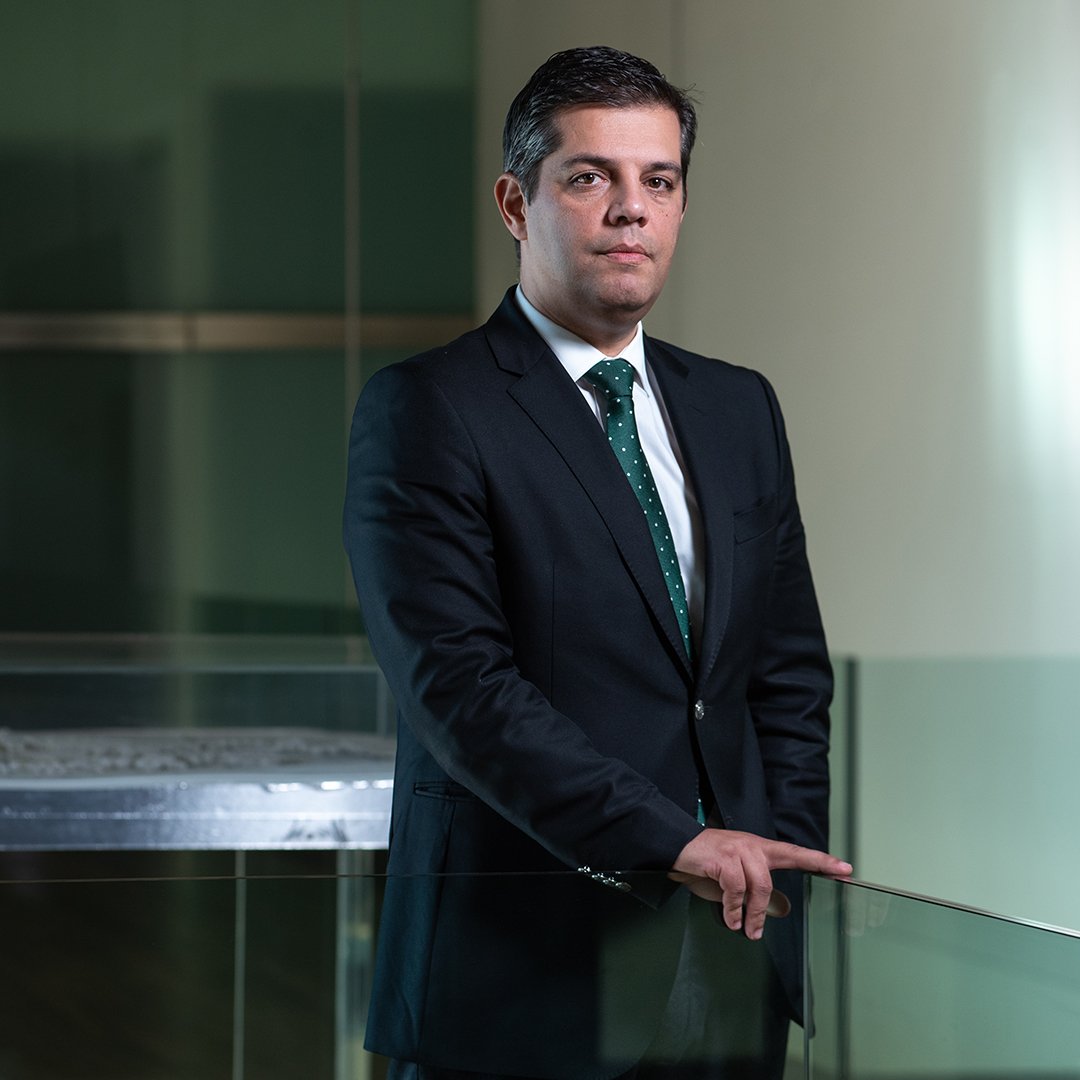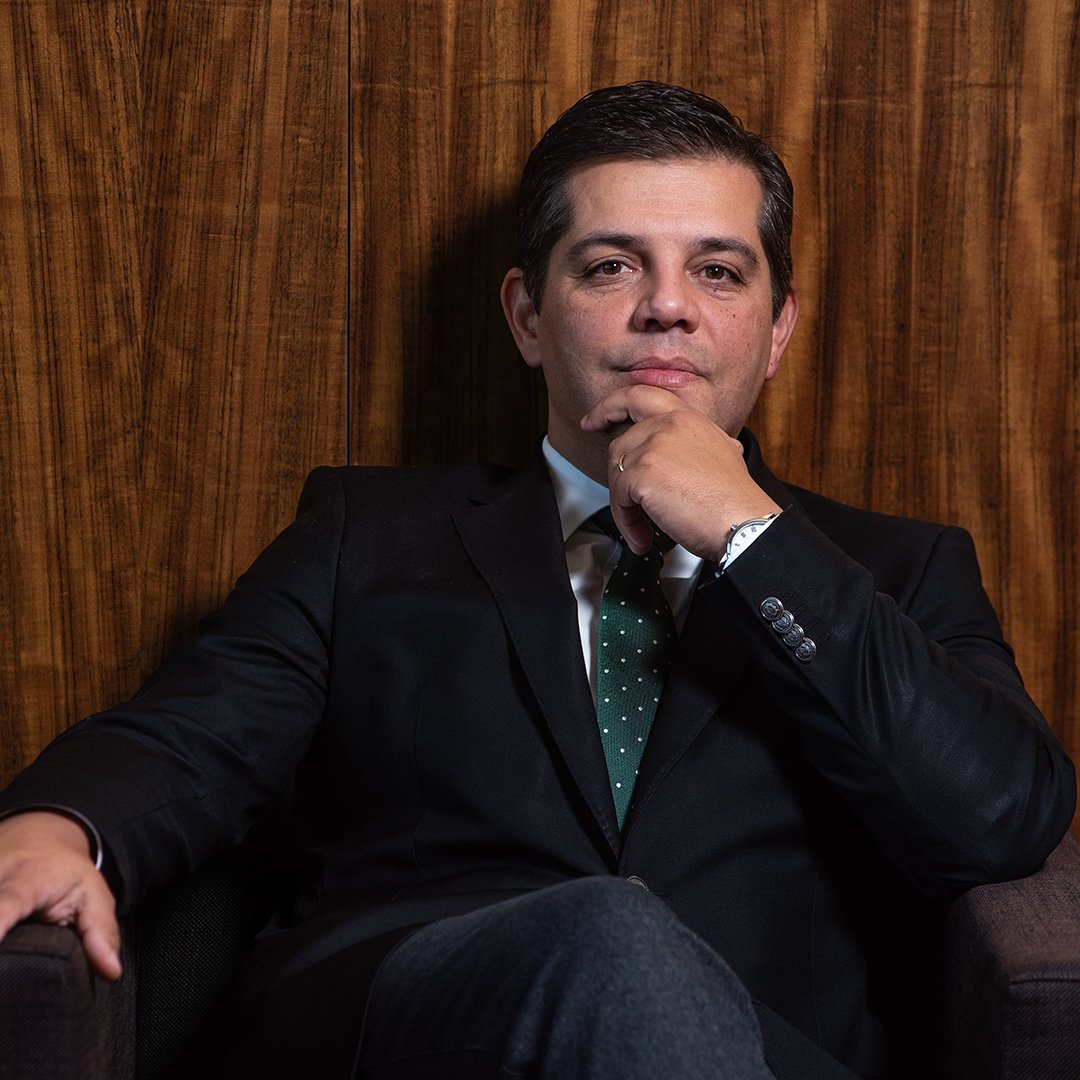
AGROS belongs to the land, the farmers and the co-operatives. AGROS belongs to the people. And whoever wants it. Proudly from the north of Portugal, it is traditional milk that gives its name to the business, founded in 1949. Its quality is measured drop by drop in certified laboratories and is the result of a careful process that takes animal welfare into consideration. It is in this spirit that Idalino Leão presents himself as Chairman of the Board of Directors of AGROS. His degree in sociology makes him an analyst of reality, especially when it comes to fighting for farmers’ interests.
You were born in Paços de Ferreira, a municipality intimately associated with milk production. Do you think the environment in which you were born might have influenced you in some way?
It’s true that Paços de Ferreira has always been very much a dairy farming centre. In my case, this has been a family tradition that has been passed down to me naturally, and this is the way of life that I have genuinely taken on as my own. Farm life has never been easy, nor will it ever be, but being a farmer is more than a profession, it’s a way of being in life.
You are currently the chairman of AGROS, an organisation that has been around for more than 70 years. What is the challenge of taking on this role?
It will always be a combination of pride and tremendous responsibility to take over the reins of AGROS. In view of the particularly difficult and adverse situation that the agricultural sector is going through, AGROS, due to its size and standing, will exercise its influence in defence of the interests of farmers and agricultural cooperatives, in the right places and in a responsible and constructive manner. These are times in which we urgently need to foster unity and refocus AGROS as one of the great ambassadors of Portuguese agriculture.
From animals to the tables of the Portuguese: where does AGROS come into play?
AGROS is involved in sourcing, transporting and selling milk in bulk, as well as providing technical services to producers who are part of the grouped cooperatives. We know the families behind each farm, as well as the care they take with their animals and the way the milk is milked and stored until it is collected by AGROS, complying with all food safety requirements. The final stage is when the milk is delivered to Lactogal Produtos Alimentares S.A., the organisation responsible for its industrialisation and sale. We repeat this activity on a daily basis with the member producers of each of the 44 cooperatives that make up our association. It is on their behalf that we manage and operate a 24-hour collection process, 365 days a year, totalling millions of litres of milk a year.
«This is the time to do justice to production»
You were born in Paços de Ferreira, a municipality intimately associated with milk production. Do you think the environment in which you were born might have influenced you in some way?
It’s true that Paços de Ferreira has always been very much a dairy farming centre. In my case, this has been a family tradition that has been passed down to me naturally, and this is the way of life that I have genuinely taken on as my own. Farm life has never been easy, nor will it ever be, but being a farmer is more than a profession, it’s a way of being in life.
You are currently the chairman of AGROS, an organisation that has been around for more than 70 years. What is the challenge of taking on this role?
It will always be a combination of pride and tremendous responsibility to take over the reins of AGROS. In view of the particularly difficult and adverse situation that the agricultural sector is going through, AGROS, due to its size and standing, will exercise its influence in defence of the interests of farmers and agricultural cooperatives, in the right places and in a responsible and constructive manner. These are times in which we urgently need to foster unity and refocus AGROS as one of the great ambassadors of Portuguese agriculture.
From animals to the tables of the Portuguese: where does AGROS come into play?
AGROS is involved in sourcing, transporting and selling milk in bulk, as well as providing technical services to producers who are part of the grouped cooperatives. We know the families behind each farm, as well as the care they take with their animals and the way the milk is milked and stored until it is collected by AGROS, complying with all food safety requirements. The final stage is when the milk is delivered to Lactogal Produtos Alimentares S.A., the organisation responsible for its industrialisation and sale. We repeat this activity on a daily basis with the member producers of each of the 44 cooperatives that make up our association. It is on their behalf that we manage and operate a 24-hour collection process, 365 days a year, totalling millions of litres of milk a year.
«This is the time to do justice to production»












